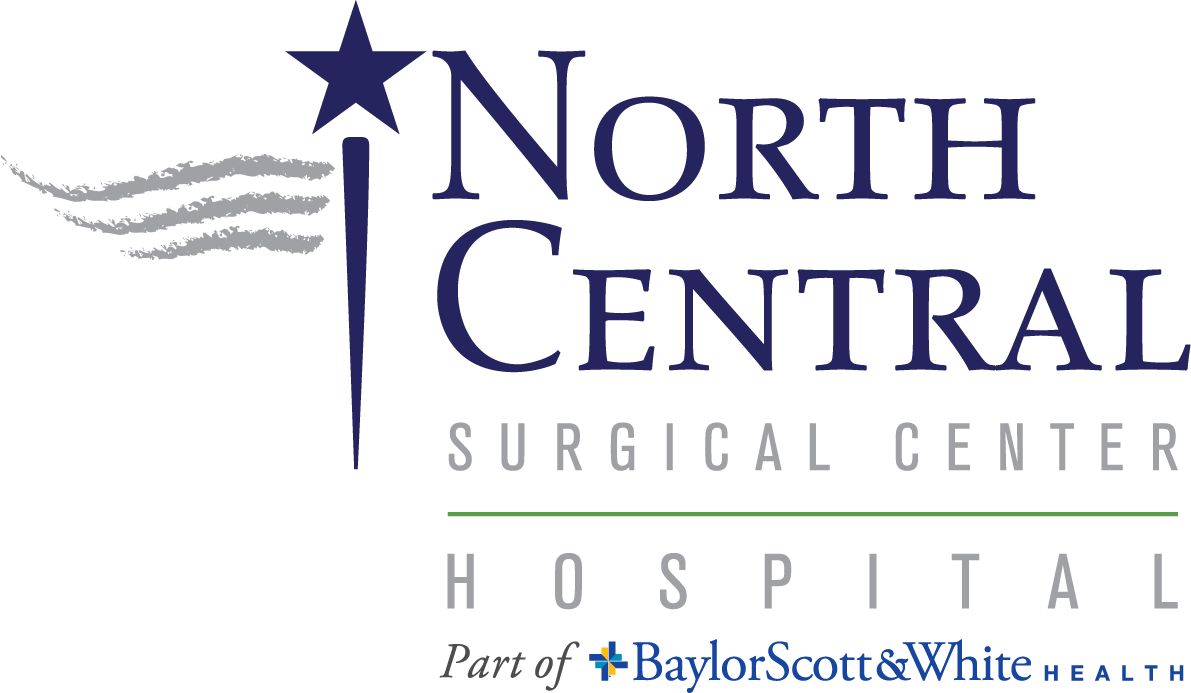While less common than other cancers, stomach cancer remains a significant health concern, particularly because it often goes undetected until advanced stages. According to the American Cancer Society, over 26,000 new cases of stomach cancer are expected in the U.S. each year. Understanding the risk factors, recognizing symptoms early, and following preventive habits are essential in reducing the impact of this disease.
Overview of Stomach Cancer
Stomach cancer develops slowly, typically over several years. The cancer cells often begin in the inner layer of the stomach wall and gradually progress outward. Types of stomach cancer include adenocarcinoma, the most common form, as well as lymphomas, gastrointestinal stromal tumors (GISTs), and carcinoid tumors. Due to the often subtle initial symptoms, many cases are diagnosed late, highlighting the need for awareness and regular screenings.
Risk Factors
Understanding risk factors can be an essential first step in managing stomach cancer risk. Some of these factors include:
- Genetic Factors: Family history plays a role, and certain genetic mutations can increase susceptibility.
- Lifestyle Factors: Diets high in processed or salty foods, as well as smoked or pickled items, may elevate risk levels.
- Health Conditions: Chronic gastritis, stomach polyps, or Helicobacter pylori (H. pylori) infection can also contribute to the development of stomach cancer.
Signs and Symptoms of Stomach Cancer
Symptoms of stomach cancer can be subtle in the early stages, often mimicking common digestive issues. Some early warning signs include:
- Indigestion, bloating, or a sense of fullness after small meals
- Mild stomach discomfort or heartburn
- Weight loss
- Persistent nausea
- Difficulty swallowing.
If these symptoms persist, it’s essential to consult a healthcare provider to rule out potential causes.
The Role of Regular Screenings
Early detection through screenings can significantly improve outcomes for stomach cancer patients. Endoscopy involves using a thin tube with a camera to examine the stomach and is among the most common methods for identifying abnormalities in the stomach lining. For individuals with risk factors, regular screenings can provide an opportunity to detect potential issues before they progress, making treatment more manageable.
Healthy Habits That May Help Reduce Risk
While no lifestyle change can entirely prevent stomach cancer, adopting certain habits may help reduce risk:
- Balanced Diet: Antioxidant-rich foods, like berries and leafy greens, have also shown promise in reducing cancer risk.
- Regular Exercise: Physical activity contributes to overall health and can help maintain a healthy weight, which is beneficial for lowering cancer risk.
- Avoiding Tobacco and Limiting Alcohol: Smoking and excessive drinking increase the risk of various cancers, including stomach cancer. Limiting these substances can promote better health.
The Importance of Consultations
Regular consultations with healthcare providers can help individuals stay informed about their health and potential risks. Providers can offer personalized advice on screenings, discuss any symptoms, and recommend lifestyle adjustments. These check-ins provide a proactive approach to managing health and preventing potential issues from escalating.
Support and Resources
There are numerous resources available for individuals and families impacted by stomach cancer. Support groups, educational resources, and online communities provide valuable information and emotional support. At North Central Surgical Center Hospital, we encourage those interested in learning more about gastric health and stomach cancer to utilize trusted sites.
Taking proactive steps like regular screenings and adopting healthy habits are essential measures in addressing this significant health issue. By prioritizing awareness and preventive care, we can work to improve outcomes for those at risk and contribute to a healthier community.
Sources:
American Cancer Society
National Library of Medicine
Mayo Clinic
MedlinePlus
National Cancer Institute

